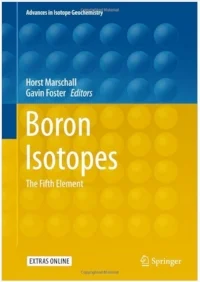PhD Opportunities @theFosterlab for entry October 2023
/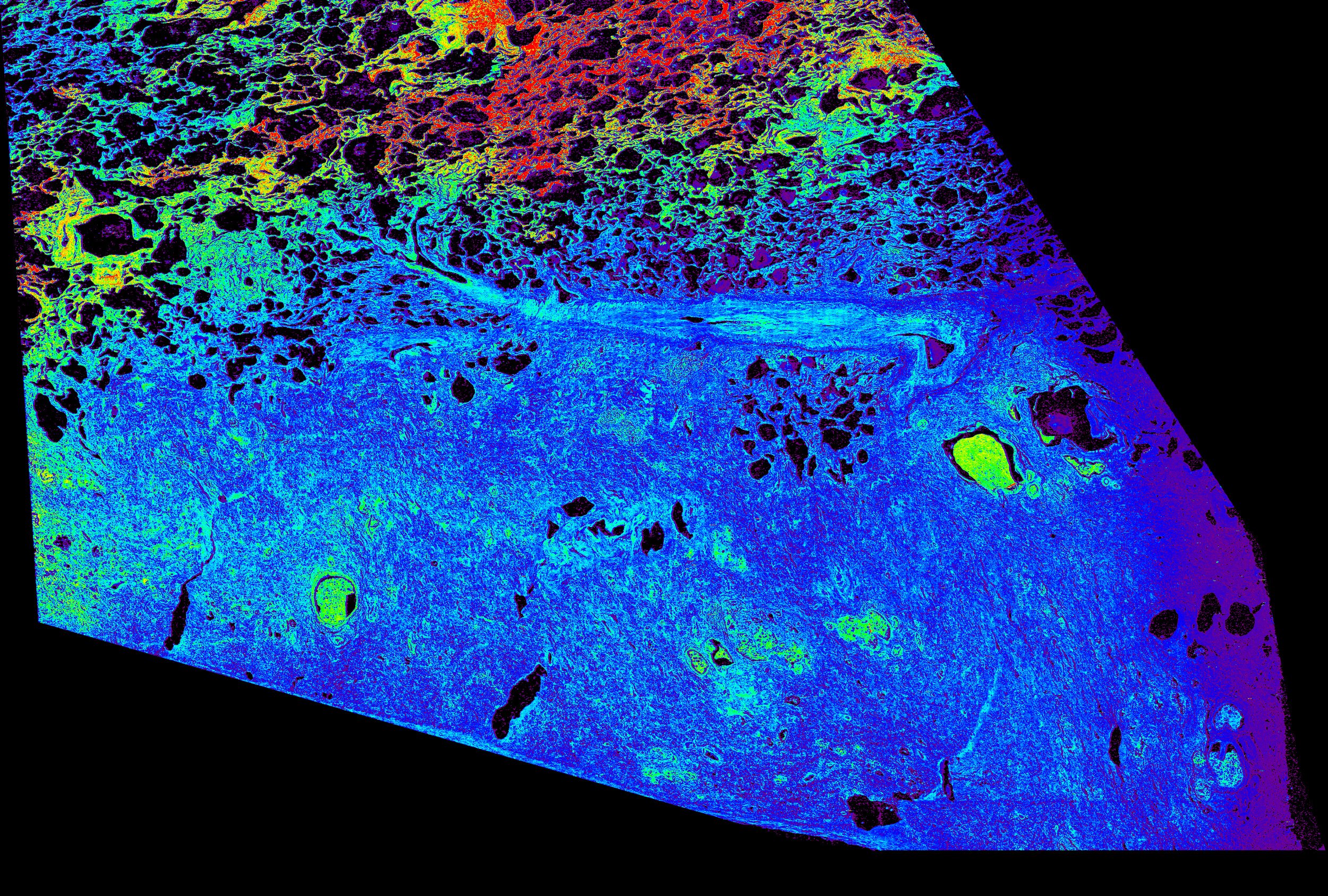
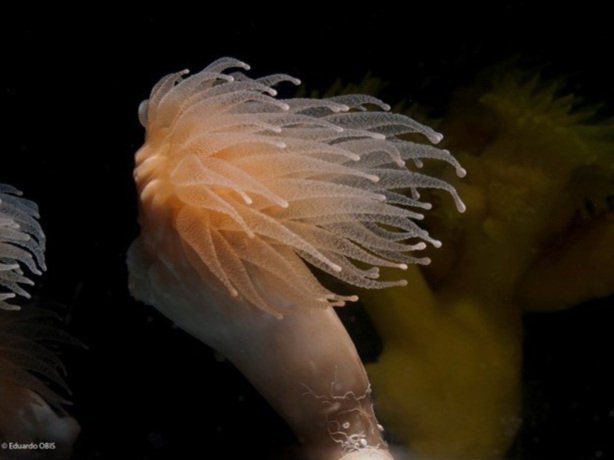
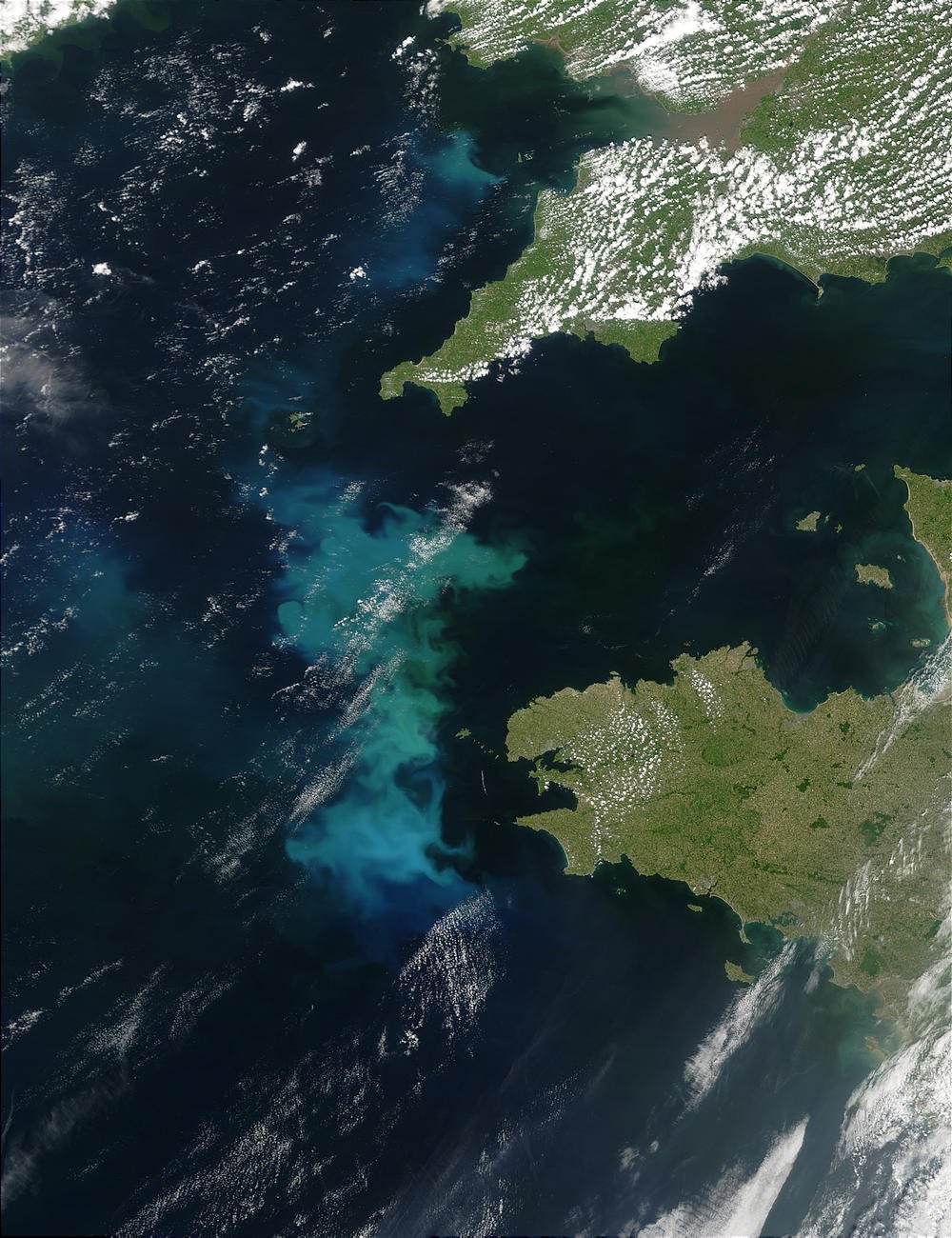
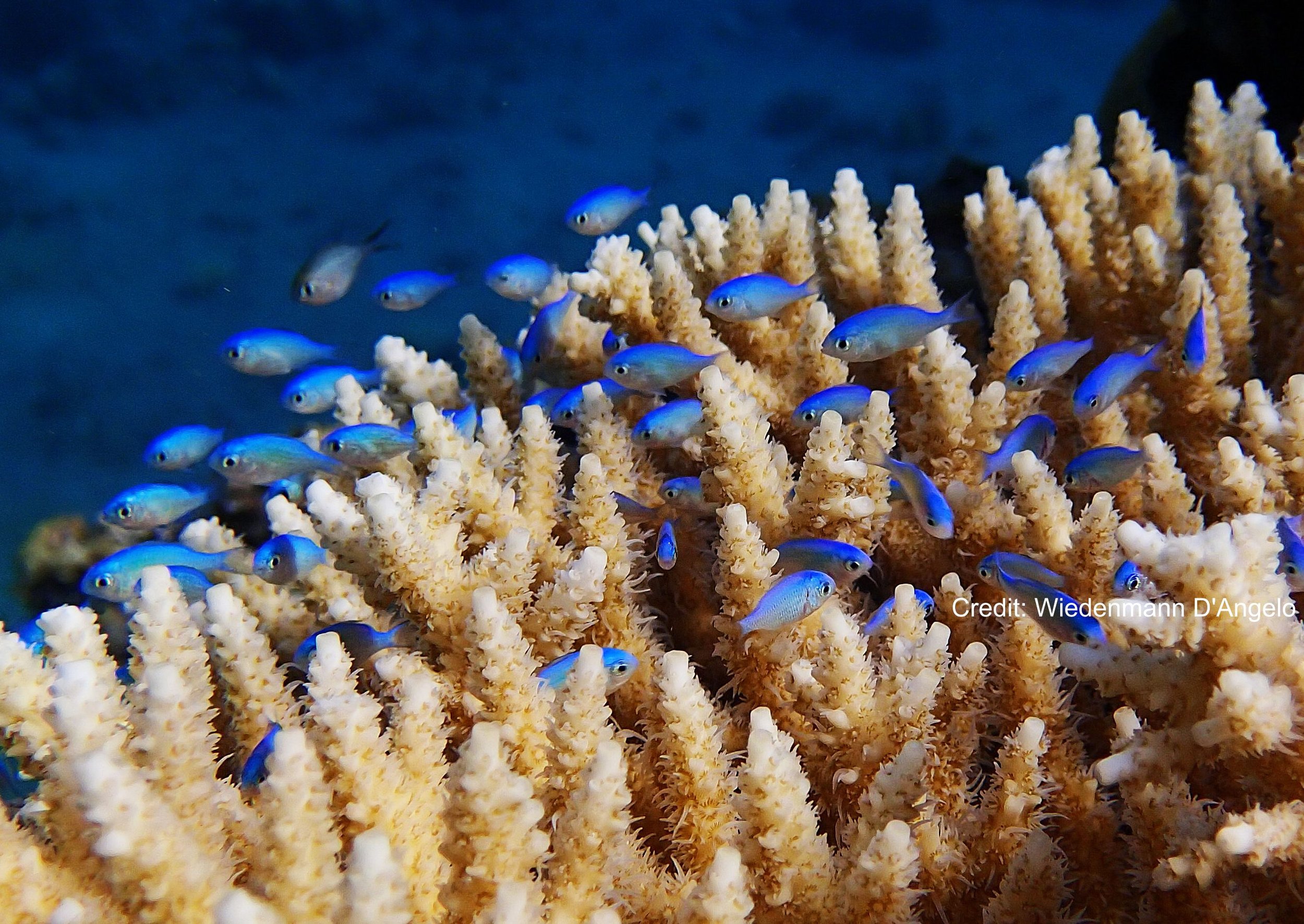
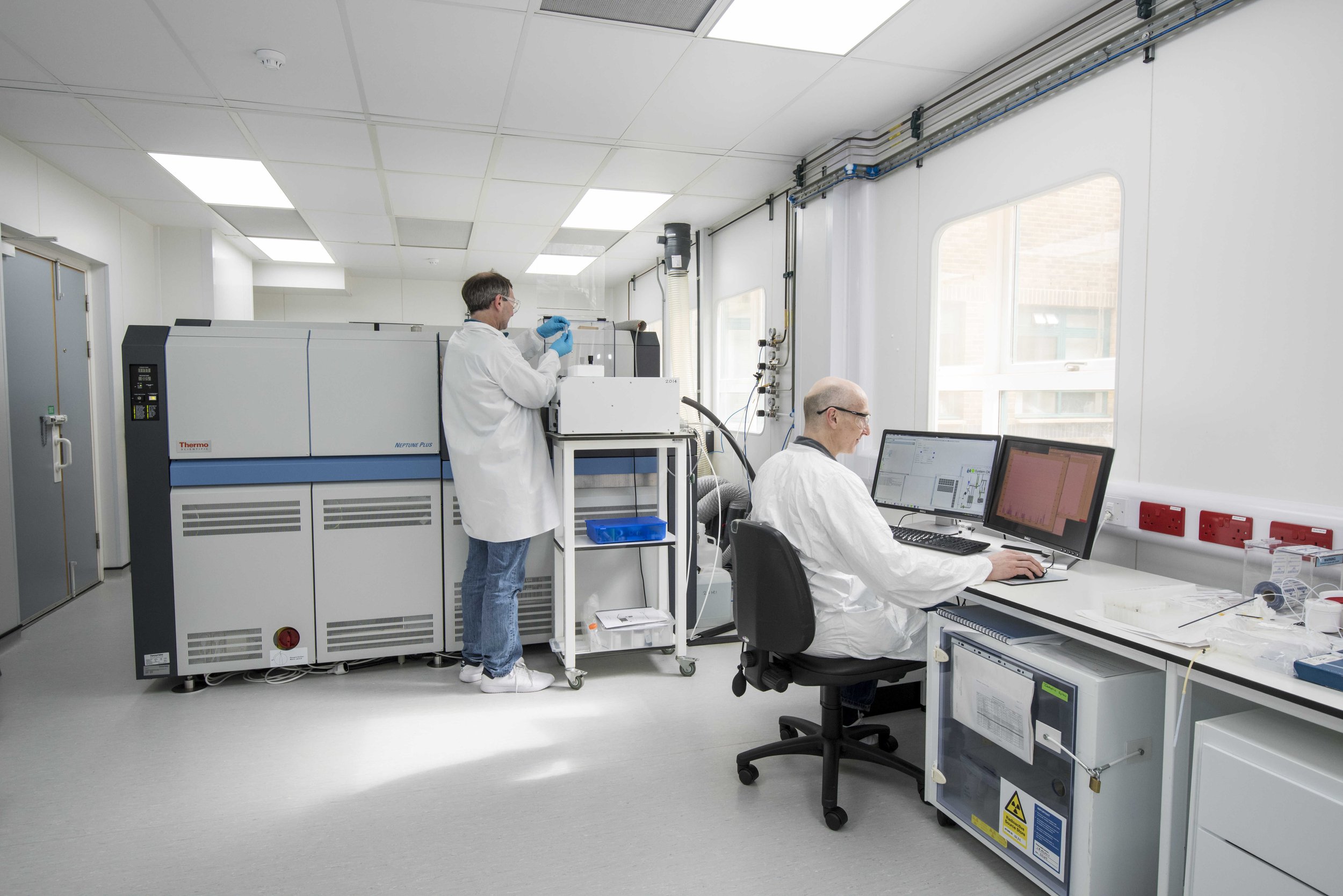
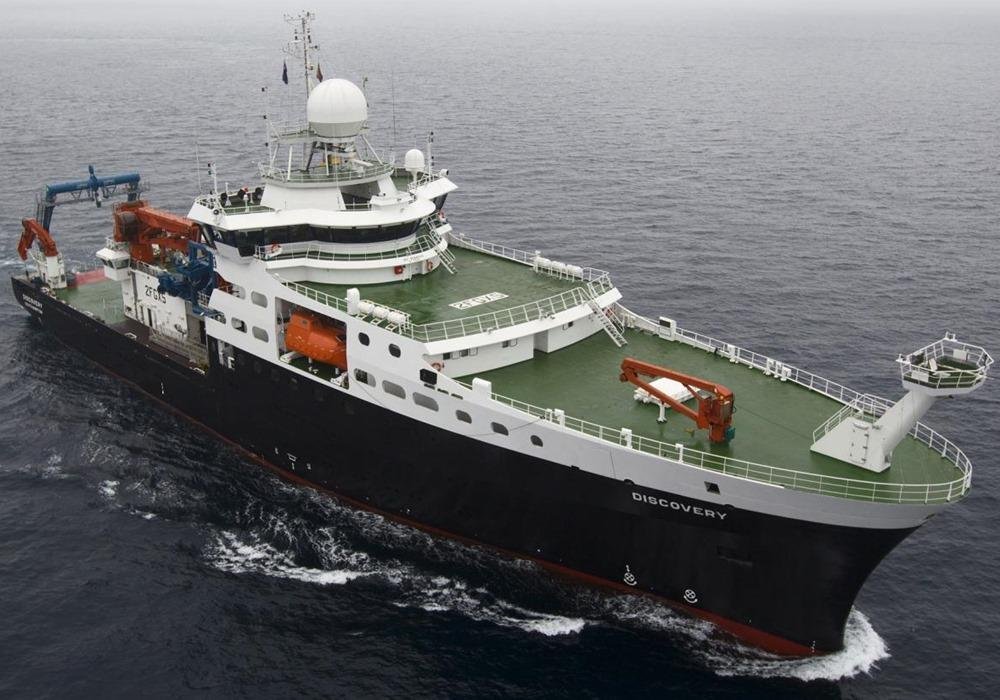
Project 1. Hot, acidified and breathless – biomineralisation of deep sea corals in the oceans of the future.
Deep sea stony corals form the foundations for large reefs 100s to 1000s of metres below the surface of the ocean, providing a key habitat for marine life. Yet even this habitat deep in the abyss is threatened by anthropogenic climate change. In order to better protect this precious environment and see what the future has instore for it, we aim here to understand the process of skeleton building (biomineralization) in the deep-sea coral species Lophelia pertusa using a range of cutting edge approaches analytical and imaging approaches (from genes to geochemistry). Opportunities exist to take part in coral culturing work going on at St. Abbs Marine Station (https://marinestation.co.uk/) and to go to sea to collect live species. Experience/knowledge of geochemistry/chemistry as well as an interest and/or experience with coral biology would be useful prerequisites.
This project is led by Gavin and co-supervised by Sumeet Mahajan from Chemistry at Southampton, Cecilia D’Angelo from Southampton’s Coral Reef Laboratory and Murray Roberts from Edinburgh. It is closely aligned with Gavin’s ERC Advanced Grant Microns2Reefs
More details here
Project 2. Exploring the mechanisms of microplastics incorporation and their influence on the functioning of coral holobionts.
Microplastics are found everywhere from the top of Everest to the Marina Trench. The influence of microplastics on corals and the reefs they construct is largely uncertain. This project aims to use a combination of advanced laboratory study and novel analytical approaches to examine the mechanisms of microplastic incorporation into the coral holobiont and therefore determine how and why microplastics impact coral health. Experience/knowledge of Raman imaging techniques as well as an interest and/or experience with coral biology would be useful prerequisites.
This project is led by Prof Sumeet Mahajan and is co-supervised by Gavin, Joerg Wiedenmann and Cecilia D’Angelo from Southampton’s Coral Reef Laboratory.
More details here
Project 3. Unraveling oceanic multi-element cycles using single cell ionomics.
Oceanic elemental cycles are strongly influenced by marine microbes, including phytoplankton. However our picture of such elemental cycling is typically only based on a few elements and is averaged across mixed communities of species. Here we will apply a new analytical tool (Time of Flight Inductively Coupled Plasma Mass Spectrometry, ToF-ICPMS) to facilitate rapid multi-element analysis of individual marine phytoplankton cells and zooplankton. By applying a multi-element “ionomic” approach this project will facilitate a deeper understanding of multi-elemental ocean biogeochemical cycles. Experience with marine biogeochemistry and a desire to develop a new analytical approach are important prerequisites.
The project is being led by Mark Moore from Southampton, and co-supervised by Gavin and Maeve Lohan from Southampton and Kate Hendry from the British Antarctic Survey. Opportunities exist to sample natural plankton communities around the UK and further afield (e.g. the Southern Ocean).
More details here
Project 4. Imaging the metallome using correlative laser ablation mass spectrometry.
Many metallic elements are critical to cellular functioning and inappropriate concentration of metals can be toxic. Thus regulation of cellular metal concentrations (the metallome) is critical. Laser ablation inductively coupled plasma mass spectrometry (LA-ICPMS) based approaches have emerged as the most suitable techniques to achieve this. However, current approaches only provide a limited picture of metal distribution in 2D. Here, the student will exploit two new technologies to develop an imaging pipeline to enable the rapid (<1 hour) generation of high resolution (<5 µm) 2D images of the full metallome (from H to U) of mm-scale biological tissues. The rapidity enables serial sections to be measured allowing 3D images to be constructed, thereby yielding new understanding of metallomic regulation, its perturbation, and its role in disease or toxicity. A desire to develop a multidisciplinary skillset is an important prerequisite and a good level of knowledge about geochemistry, chemistry and biology would be desirable.
This project is being led by Gavin, and is co-supervised by Matthew Loxham in Medicine at Southampton and Craig Storey from Portsmouth.
More details here


